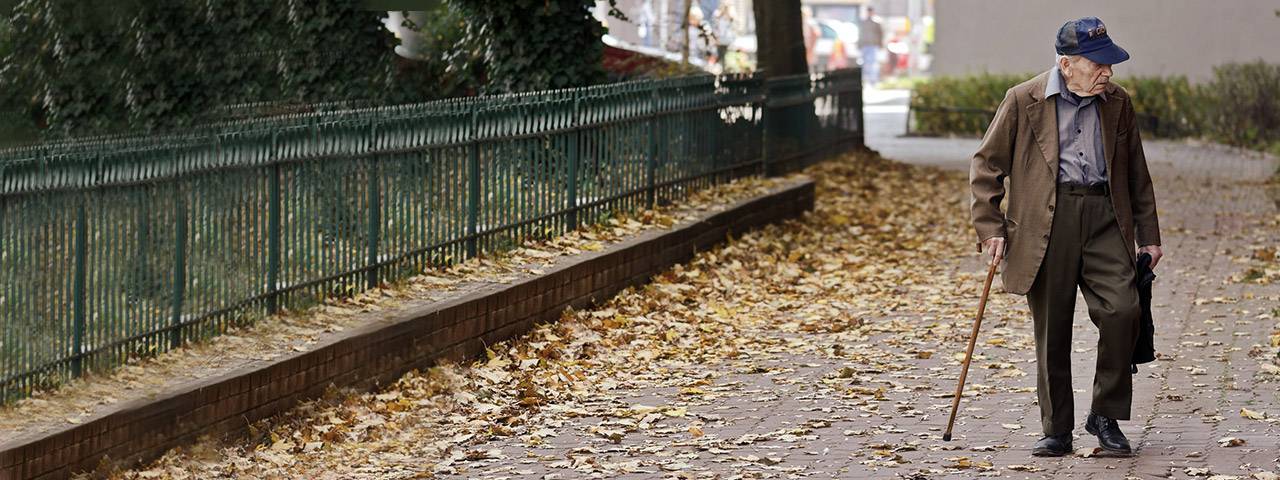
Treating AMD vs. Living with It: Why You Need Two Doctors
Being diagnosed with age-related macular degeneration (AMD) can feel overwhelming. It’s an eye disease that affects central vision, making it harder to read, recognize faces, and see fine details. While many AMD patients regularly see their retina specialist or ophthalmologist for medical treatment, they may not realize they also need a low vision specialist to help them maintain independence and maximize their remaining vision.
Here’s why AMD patients benefit from having a medical eye doctor and a low vision specialist.
The Role of a Retina Specialist or Ophthalmologist
A retina specialist or ophthalmologist is a medical doctor who focuses on diagnosing and managing retina diseases, including AMD. Their primary role is to:
- Diagnose & Monitor AMD: Conduct eye exams, imaging tests, and track disease progression.
- Prescribe Treatments for Wet AMD: Includes anti-VEGF injections that help slow down vision loss.
- Refer for Surgery or Clinical Trials: If needed, they may discuss experimental treatments or advanced care options.
While a retina specialist plays a critical role in treating the condition, their focus is on managing the disease—not on helping you navigate life with vision loss. This is where a low vision specialist becomes essential.
The Role of a Low Vision Specialist like Dr. Dennis Denick
A low vision specialist is an optometrist trained in vision rehabilitation who helps AMD patients maximize their remaining sight. Their focus is not on curing the disease but helping you continue daily activities despite vision loss.
- Assess Your Functional Vision: Determines how much usable sight you have left and how to enhance it.
- Provide Low Vision Aids: Recommends devices like bioptic telescopic glasses, magnifiers, and contrast-enhancing lenses to improve vision.
- Teach Adaptive Techniques: Helps you read, cook, navigate safely, and recognize faces using specialized strategies.
- Train You to Use Your Remaining Vision: Shows you how to rely more on peripheral vision and enhance contrast for better visibility.
Dr. Denick ensures that even as AMD progresses, you can continue to perform daily tasks, enjoy hobbies, and stay independent.
Why Having Two Doctors Is Essential for AMD Patients
Medical Treatment + Vision Rehabilitation = Complete Care
If you only see a retina specialist, you’re getting medical care—but not practical solutions to help you navigate life. If you only see a low vision specialist, you get tools to help you live better—but not medical treatment to slow vision loss.
Together, these doctors create a comprehensive approach to AMD care.

